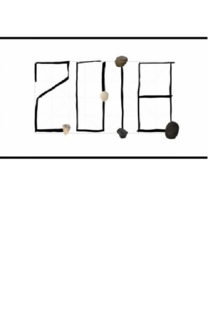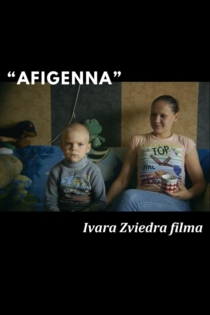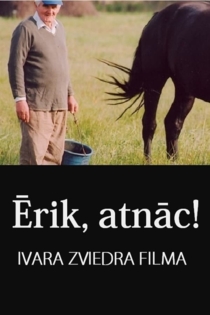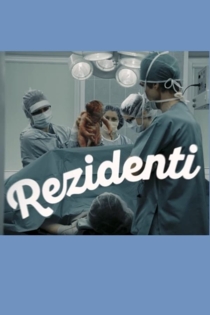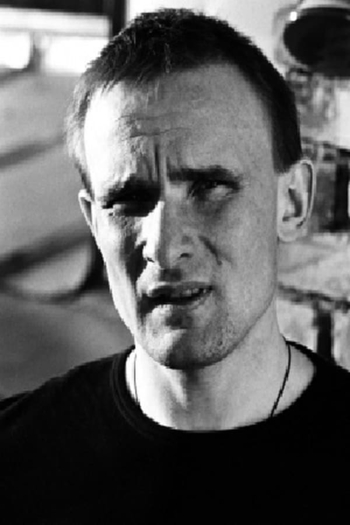
Ivars Zviedris
2021Dokumentālists
Inese Kļava, Ivars Zviedris
Inta is a brusque, crusty woman who lives alone on the edge of a picturesque marsh. One day her solitude is intruded upon by the arrival of a documentary filmmaker. In his eyes Inta is an outstanding would-be film protagonist but the wild woman would rather put a curse on the importunate intruder than let herself be filmed. But the filmmaker's persistence finally succeeds in melting the ice of Inta's heart... just in order to break it soon afterwards.
Documentarian
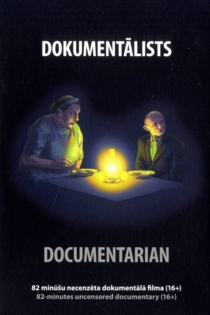
Valkātājs
Ivars Zviedris
Gatis Pamils-Pamiljans
An absurd game of “finding happiness” is being played by local Latvian coyotes* and illegal immigrants on the Russian and the European Union border. It is a game with no winner – all participants are driven to play by the sense of despair. While one side leaves home and undertakes a perilous journey to the other side of the globe, hoping to spend the rest of their lives in a free country, the other side risks their freedom to earn a chance to stay right where they are, in their homeland. *coyote – someone who smuggles illegal immigrants
Latvian Coyote
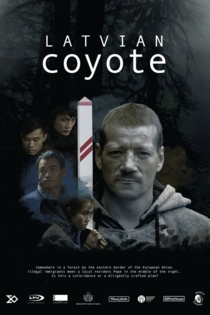
Meikots Īrijā
Ivars Zviedris
Latvian children born in Ireland are a part of the nation that dreams in English, and marks a peculiar page of recent Latvian history. Although cannot be distinguished in Ireland from English speakers, they are "on you" in Latvian.
Made in Ireland
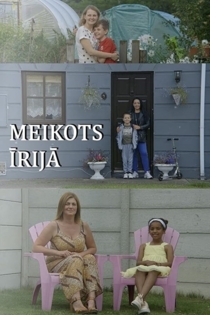
Bēgums
Ivars Zviedris
People escaping from home. Escaping to a better life. Escaping from themselves to a globalized world. Over the last years, tens of thousands of Latvians have left Latvia in search of a better life in Ireland. This film reveals the way some of them live, far abroad from home and their families: their desires, emotions, life conditions and relationships.
Tide
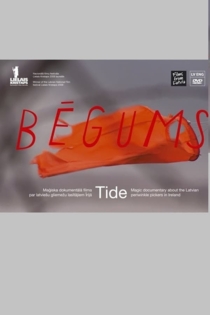
Skola Murjāņi
Inese Kļava, Ivars Zviedris
Alekss arrives at the Murjāņi sports school to become a champion. He’s introduced to the ironclad daily routine, which starts at 7 AM and ends at 8 PM, with practices twice a day and the rest of the time filled with lessons, exams and homework, just like at any other school. He has to wash his own clothes, make his own bed and clean his own room. The second hero of the film, Kristaps, has been living at Murjāņi for three years now. He takes part in the European Youth Olympic Festival, where everyone is strong but only a select few make it to the winners’ podium. Luck is not on Kristaps’ side in this case, and what he gets are only harsh reprimands and tears in his eyes. This slice of life at Murjāņi shows the difficult path to victory through sweat, tears and hard work.
Murjāņi School
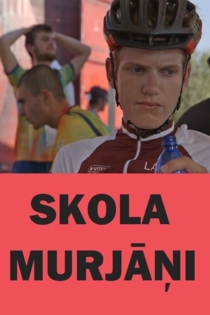
Zāģeri
Andris Kalnozozls, Ivars Zviedris
They fell trees in the forest, work in brigades and live in trailers or empty apartments far from home. The work is heavy. During moments of respite, the loggers like to sit on the stumps and talk about life. And about women – those waiting at home, or those they imagine.
Lumberjacks
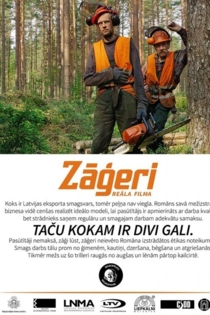
Štābs Ipiķi
Inese Kļava, Ivars Zviedris
A group of children from the capital city of Riga arrive in the small border village of Ipiķi. The townsfolk immediately know that "they aren’t locals, they’re from the capital. You can tell by the way they dress.” The differences between the city and rural children are quite evident. While the country children nimbly climb trees, play games with knives and axes, and hide in their self-made tree house, the city children buy sweets in the town store, hoping to buy the goodwill of the local children. However, gaining entry into the tree house is not so simple.
Treehouse Ipiķi
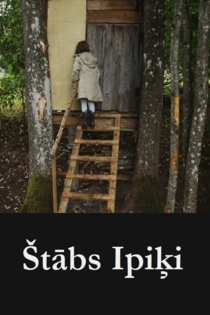
Uz neredzīti, Brasa!
Ivars Zviedris
The film begins with closing of the oldest prison in Latvia – the Brasa Prison was built in 1905 and cannot ensure normal functioning. Inmates are leaving the place that has long been their only home. Our protagonists reside in Ward 207. They have really inhabited it – there is even a fish tank in the ward! They are not from a different planet. Humanity of the inmates may contrast with their records of committed crimes. All have their small pleasures and big plans. All are longing for changes and being afraid of them. Likewise, the term of imprisonment is running out for several of our protagonists. They are getting ready for life at large. They know how to survive in extreme circumstances but are unprepared for living a normal life. One’s return to the big world is one of the most accentuated marginal situations.
See You Never Ever
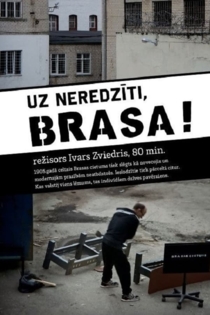
ES
Krišs Ozols, Aija Bley
It's Latvia on the 20th of September, 2003 - the day of the referendum about joining the European Union. On the day of the referendum, twelve Latvian film directors of different generations portray twelve different characters across the country. Their life stories and environments affect their decision of voting “for” or “against”.
eu
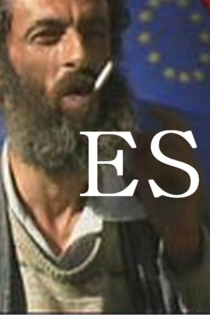
Homo Ludens. Cilvēks, kas spēlējas
Ivars Zviedris
A young boy likes to play anywhere and anytime, with anything that is handy. A poetess plays with words, a composer with sound, and a filmmaker with images, the result of which is a cinematic poem that motivates the viewer to remember his Homo Ludens.
Homo Ludens. Man Who Plays
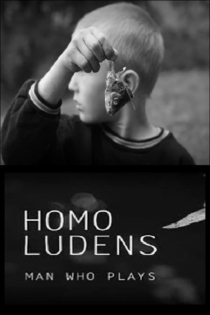
Nesaprastie
Ivars Zviedris
An attempt to understand the people chanting "Atlaist Saeimu!" (Sack the parliament!) year after year. Though rarely attracting a great deal of notice, there are always individuals collecting signatures for a referendum to dissolve the parliament for one reason or another, or simply standing outside the building and reciting their familiar mantra. Latvian governments change fairly often, but the parliament has been dissolved in line wth the Constitution only once, in 2010 (in 1934 it was dissolved unconstitutionally following a coup by Prime Minister Kārlis Ulmanis). The actual parliament building in Old Rīga was, however, attacked in January 2009 during a very rare violent protest which precipitated the fall of Ivars Godmanis' cabinet. The documentary zips back and forth in time giving portraits of various different people and political forces pushing the idea to "Atlaist Saeimu" for different reasons.
The Misunderstood
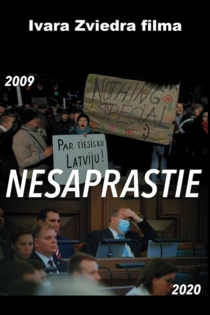
2018
Inese Kļava, Ivars Zviedris
During Latvia’s centennial year, 15 filmmakers created each his own film portrait of a person living in Latvia on the background of centenary events. Documentary 2018 combines these stories into a unique poetic vision based on analogy with the documentary 235 000 000, a classic of the Riga school of poetic documentary cinema. This film is an attempt to make sure whether the codes of the poetic cinema are still relevant and accessible today.
2018
